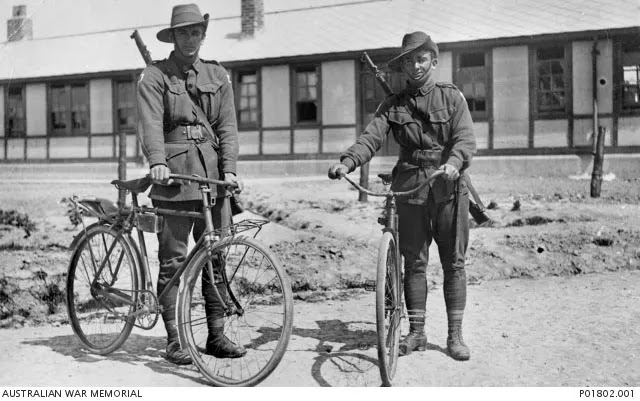(Spoiler alert: This is not a bicycling-related post.)
By now, you’ve heard that Tina Turner passed away on Wednesday.
For me and, I imagine, for others, her death is not merely the loss of another famous musical performer. Rather, we feel that we have lost an inspiration and role model, even if our loves and work, and our very identities, are very different from hers.
She is that (and “all of that”) for the same reason she is, for me, part of a pantheon of musical performers that includes Aretha Franklin (whose passing I noted on this blog), Nina Simone and Billie Holiday.
What did they have in common? They sang as if their lives depended on it. I am not talking only about a paycheck, though there is that. Rather, their singing, and their stage presence, were all that stood between them and being subsumed by the circumstances of their lives and what is commonly called “inner turmoil” but, like language that doesn’t fit the prevailing aesthetic, has its own logic and grammar that are necessary to turn the ore of experience (which may be labeled “unusual” by those who don’t understand) to the most hard-won of truths.
What I described in that previous (and, admittedly lengthy) sentence also explains, at least in part, the “sexuality” that was attributed to her performances and her very self. It wasn’t a “come hither” gesture. Instead, it was an assertion: She would not be destroyed by Ike’s abuse, parental abandonment, her sister’s teenage death or anything else.
That is why her answer to Mike Wallace’s presumptuous question does not seem arrogant or conceited.
Even if I hadn’t known about her backstory—or heard anything besides “What’s Love Got To Do With It?” (which itself made her a compelling performer)—she deserved every damned thing she had at the end. And more.


